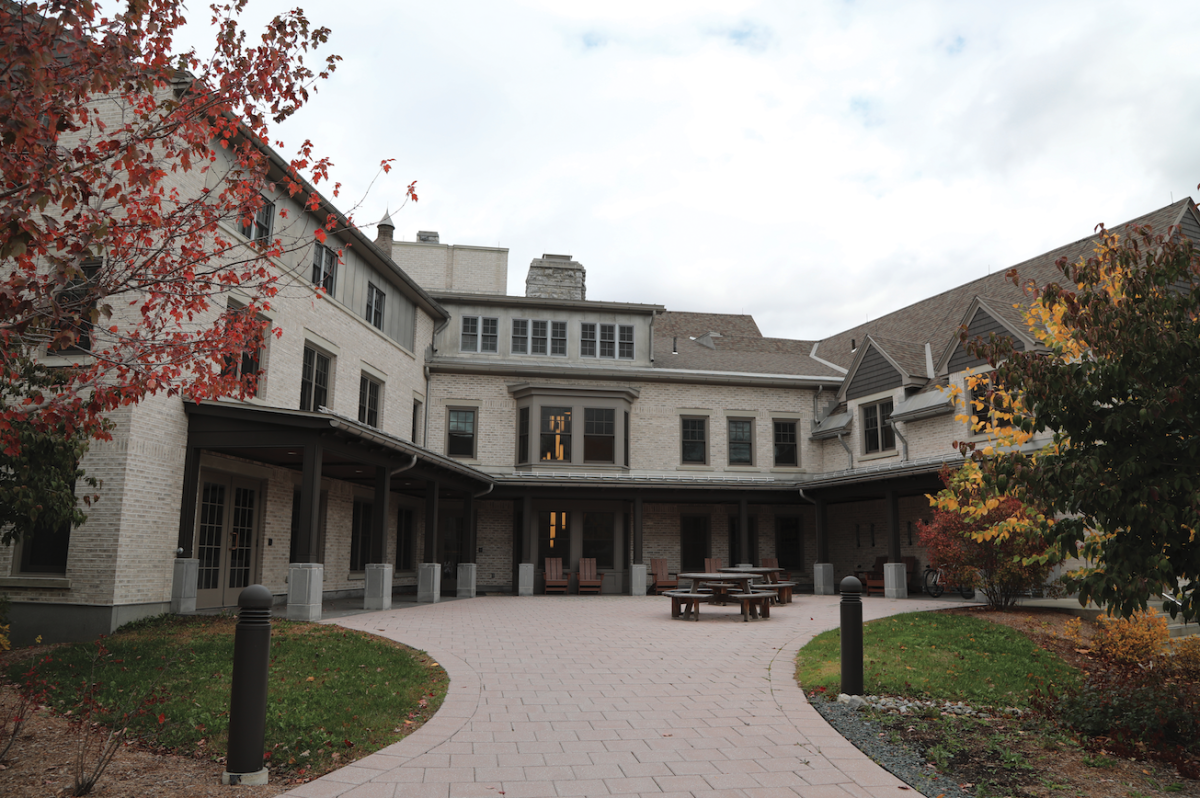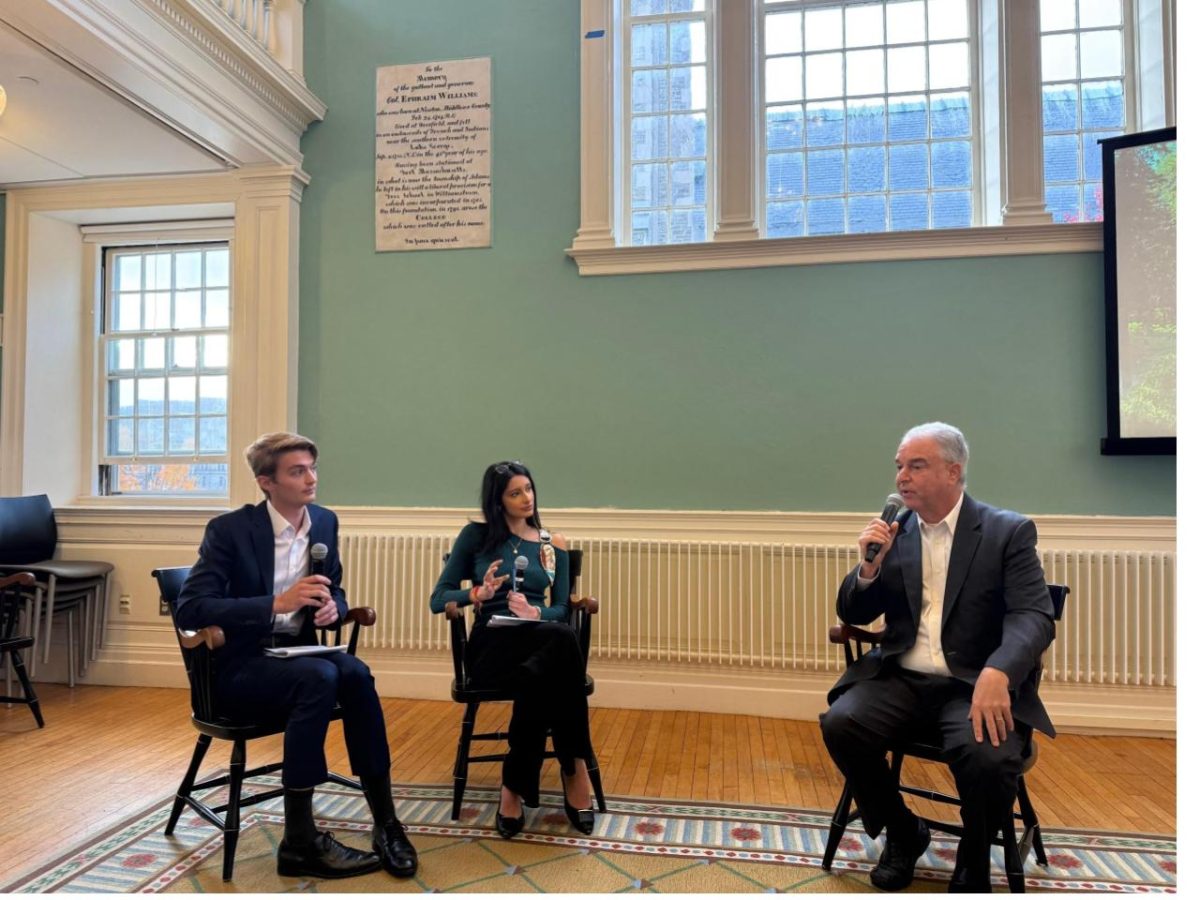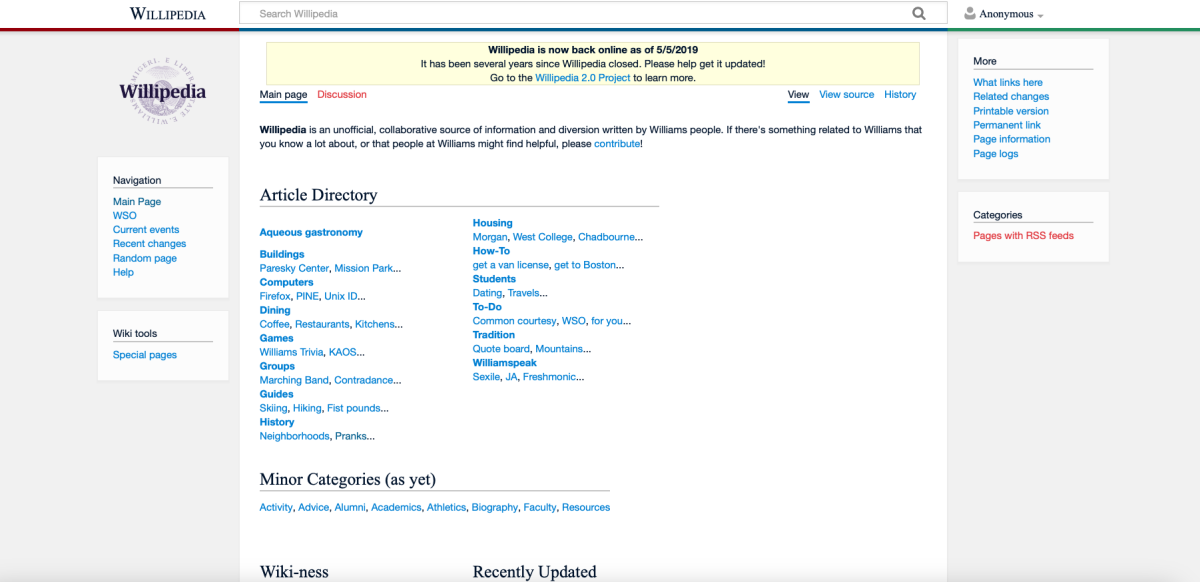As the College prepares for an in-person fall semester, a large majority of Junior Advisors (JAs) is pressing the College administration to implement changes to the entry system for the 2020-21 academic year, including an affinity housing model for first-year students. Many JAs have raised their concerns with Dean of First Year Students Christopher Sewell ’05 and have asked for a commitment on affinity housing prior to July 10, the deadline for students to announce whether they will return to campus in the fall. The administration has not yet formally responded to the JAs’ demands, but is in the midst of discussions with JAs and the Davis Center on the possibility of affinity spaces.
The demand for these affinity spaces for first-year students stems from many JAs’ concerns that BIPOC (Black, Indigenous, People of Color) students in particular would feel isolated if the College were to implement pods of a small number of students in entries, many of which would likely be majority-white. With BIPOC students making up a minority of the College’s student body, they can already face isolation within larger entries.
“[Smaller pods are] going to be incredibly isolating for a lot of students, especially students of color, who already face huge amounts of isolation in the entry system as it is without the added social distancing,” Oliver Behrens ’22, a JA to the Class of ’24, said.
These issues that face marginalized students are not a new phenomenon. “[We are] understanding that our entry system already has certain problems prior to COVID or anything having to do with our public health concerns and it leaves a lot of marginalized students feeling tokenized and just kind of left alone,” said JA Aniah Price ’22.5, who introduced the idea of an affinity pod system and has been spearheading the JAs’ demands.
“Opt-in affinity housing … is a battle that has been ongoing since 1969,” Behrens said, “but we really feel that now, more than ever, this is really important and is something that needs to happen.”
Price and Behrens have been among those JAs demanding affinity housing for first-years in town halls and other conversations.
“What I, personally, am envisioning is an added question on the housing form that asks students if they’d like to opt-in to some form of affinity housing,” Behrens added, “and if so, for which identities, and then to work with that information to craft pods that will ensure that students of any marginalized identities won’t find themselves completely isolated within their living space.”
These requests come in the midst of ongoing discussions among JAs, the Junior Advisor Advisory Board (JAAB) and Sewell on how to best introduce first-years to the College. These conversations have also touched on how to establish pod systems in entries, and if and how affinity spaces will be available to these students. Additionally under consideration is whether pods within entries may also include students from the same class year as the JAs in order to diminish JAs’ isolation from their own friends.
Right now, there is no certainty on what an affinity housing model would look like besides it being opt-in. “In terms of what the actual plan looks like, we as JAs want support from the College before we put in the work to create that and present that to them,” Price said.
Price also stressed that the potential affinity housing model for first-years would not be separate from the entry-pod model. “It would be more so an affinity pod model … within these freshman pods,” she said.
Price said that JAs have not been directly involved in the College’s decision-making process surrounding first-year students. “It’s been extremely difficult, understanding that a lot of administration has claimed to prioritize first-year experiences, but with us as JAs being such a large part of that and not being involved, it seems a bit disingenuous,” Price said. “We’re still asking, and that’s why we’re sending out requests in order to make sure the first year experience is maintained, and [we’re] fighting for the fact that the incoming frosh have the ability to somewhat have a say in what’s going to happen.”
Price said groups of JAs have met to discuss what they hope to see from the College administration before July 10. “[The JAs] did want to come together … because we weren’t given a space to do that with the administration beforehand,” Price said.
Price also said she hopes that JAs as well as first-years can be more involved in future discussions. “At the end of the day this is their first-year experience and it’s going to be quite a bit different than anybody else’s first-year process.”
Sewell addressed this issue in an email to JAs Tuesday morning after holding a virtual town hall meeting for JAs on Monday night. There was an additional town hall for JAs on Tuesday afternoon, in which the topic of affinity housing was also brought up.
“We are going to be working with the Davis Center to try and create some affinity spaces for incoming students as quickly as possible so that they can begin to get to know their peers in the class who share some of the same identities and interests,” Sewell wrote in the email to JAs. “I would like to get a group of JAs together who will help us as we place students in pods in order to deal with the issues around marginalization and tokenization.”
The College administration has yet to decide whether it will create some affinity pod housing for incoming first-year students, but Sewell said he is working with the College on this issue and is committed to giving the JAs an answer as soon as possible.
“While the College is still asking us to abide by the July 10 deadline of whether or not we’re going to be on campus,” Price said, “we are asking the College to also commit to something.”
This is a developing story. The Record will provide further coverage online throughout the rest of the summer.








